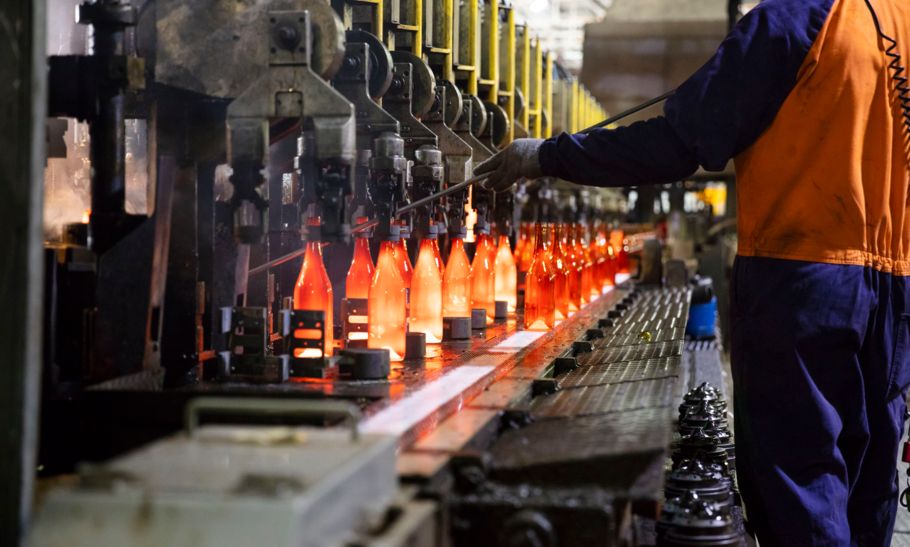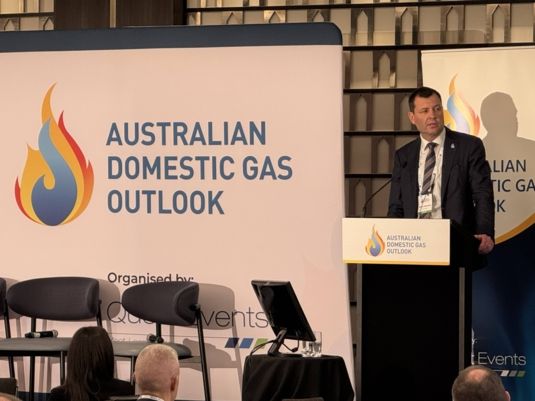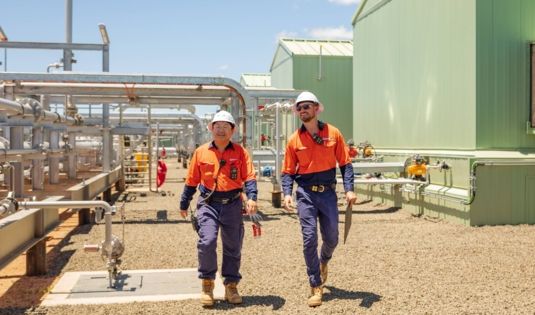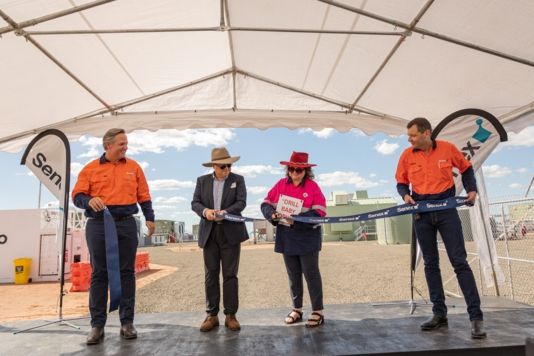Senex Energy has today confirmed it has been granted a conditional exemption under the Mandatory Gas Code of Conduct by the Federal Government.
Senex CEO Ian Davies said while Senex remained opposed to enduring intervention in the gas market, significant headway was made through consultation with government.
“The meaningful and welcome consultation with government has moderated the most severe effects of the initial gas market intervention proposal and will mean vital new investment can be made to develop new gas supply in the short-term,” Mr Davies said.
“Today’s announcement marks a significant milestone for our $1 billion Surat Basin natural gas investment – the Atlas gas field expansion – removing some regulatory uncertainty and taking us one step closer to delivering essential energy for Australians.
“Senex now awaits federal environmental approvals under the EPBC Act which would see more than 150 petajoules of long-term, reliable natural gas supply flow to Australian manufacturers and households from 2025.
“Senex first applied for EPBC approval of the Atlas expansion more than a year ago, as the pre-existing EPBC approval for the same activities Senex proposes to undertake did not transfer to Senex when it acquired the Atlas expansion acreage from APLNG. Senex’s EPBC application is over 1,800 pages and includes detailed scientific assessments by leading independent ecology and groundwater experts and clearly demonstrates the low impact of the Atlas expansion consistent with APLNG’s previous approval.
“Senex fully support a rigorous and efficient environmental assessment process and will continue to constructively engage with Federal Government departments to unlock this critical new gas supply as quickly as possible.
“We’ve seen the Federal Government issue massive incentives to the States to streamline approval processes and encourage investment in renewables projects, including through the Capacity Investment Scheme, and the same should be done for natural gas projects that prioritise the domestic market.
“Against the backdrop of forecast gas shortfalls, a cost-of-living crunch, and manufacturers facing significant challenges in securing new gas supply because of hampered investment, timely and efficient EPBC and other government approvals have never been more important.
“It also comes at a time when the urgency – and challenge – to meet Australia’s emissions reduction and renewables targets is building every day. “Natural gas plays an essential firming role for renewable generation by providing fast, flexible and reliable electricity to support intermittent solar and wind generation.
Senex’s domestic market-focused Atlas expansion is part of the solution to bring on sorely needed new gas supply to market; to provide certainty to manufacturers, to put downward pressure on prices, and as a critical safety net for the net zero transformation,” Mr Davies said.



